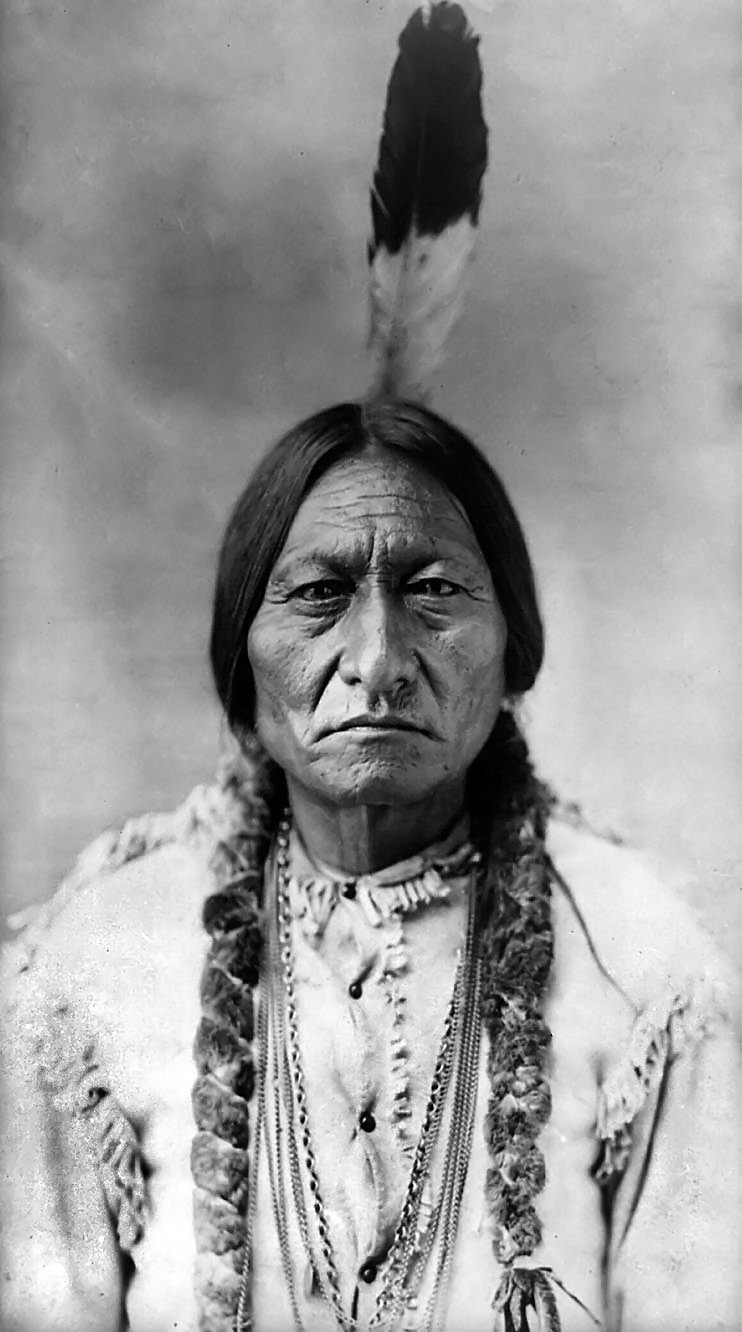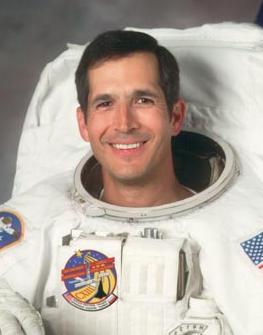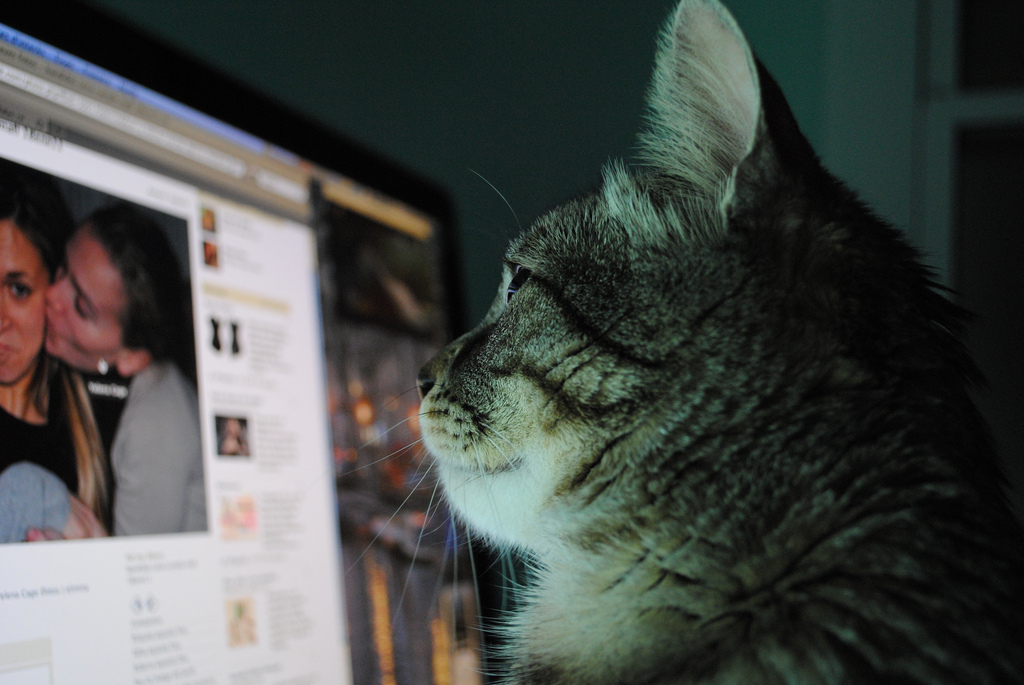A few days ago Richard Javier Díaz Sequera, a 31-year old policeman from the state police in Carabobo, a state in central Venezuela, was murdered. Although a very tragic incident, this is nothing extraordinary in the former Land of Grace. Venezuela's murder rate is about 70 murders per 100 000 inhabitants, twice as much as the second most dangerous country in South America, Colombia. Policemen also die like flies in a country that will account for over 17 thousand murders this year.
But the governor of Carabobo, Henrique Salas, asked a good question: where
did the gun that killed that policeman come from? Salas is not my cup of tea, but I have to say: hey, people, do try to give an answer to that question or keep demanding from those who should know to give an answer. Ask very loudly. And do not stop asking.
For the gun that tore apart agent Díaz's vest was a
Belgian FN FAL, one like of those the Venezuelan army has.
And this is no exception. Venezuelan jails, which have been horrendous since time immemorial, are now completely lawless places, a farce of a "security institution"... and the few controls carried out there every single time massacres occur reveal a huge amount of
heavy weapony, from grenades to Kalashnikovs and other automatic rifles.
The origin of most of those guns is clear: the Guardia Nacional and the Venezuelan Army.
But this question the governor is asking will be seen as just a rhetorical question or just a question people don't need to keep asking because: what's the point?
Well: the point is your life, our life, the life of our children and friends.
Will the head of the Guardia Nacional answer? Will the minister of Defence say something clear about this?
They will not.
How many politicians will dare ask this question at the National Assembly?
I am afraid no one.
It would be too dangerous.
So: where do we end up?
.jpg)

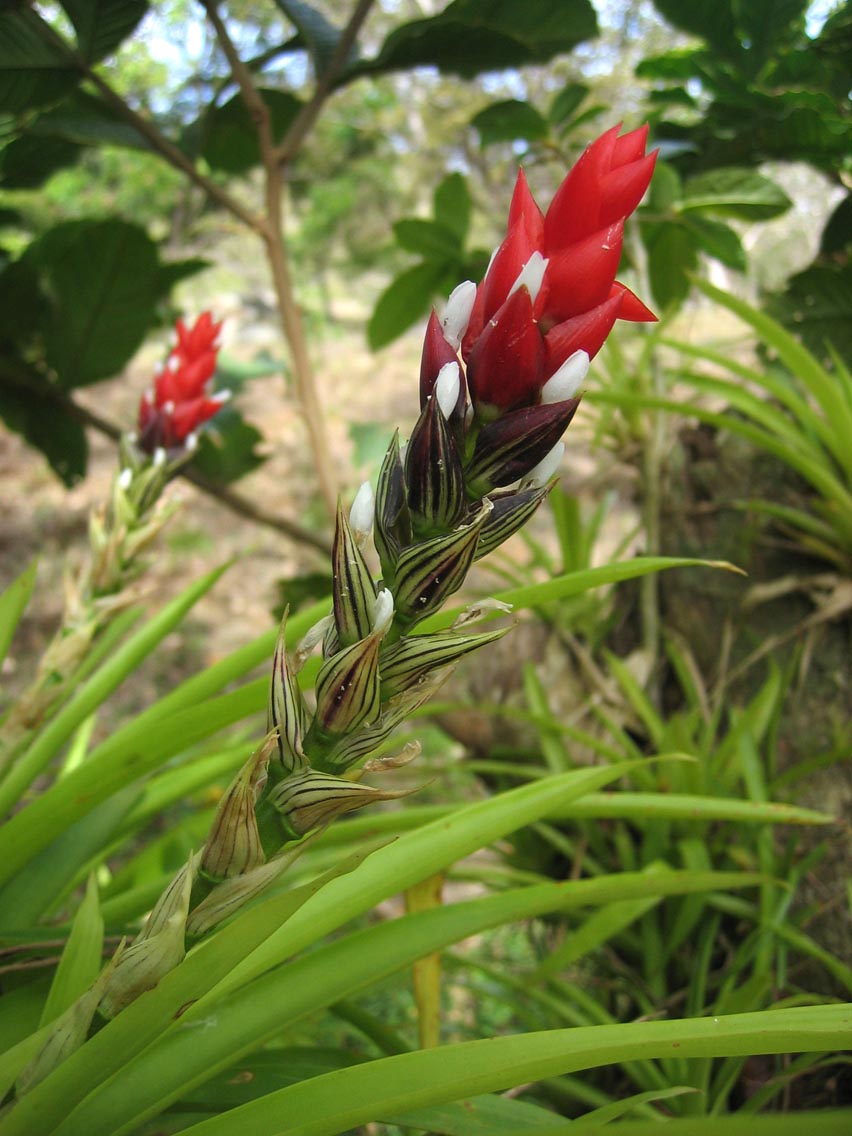

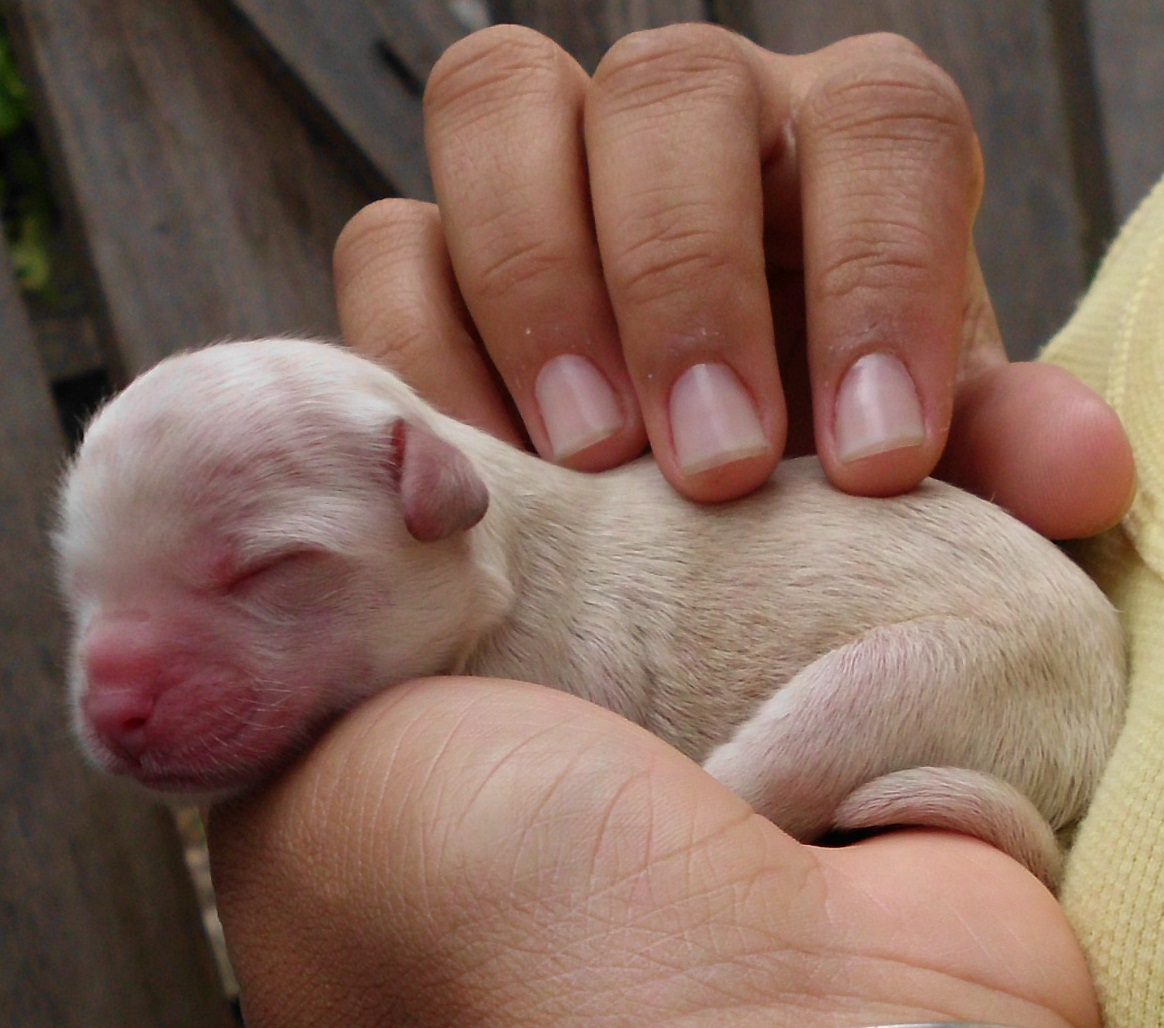











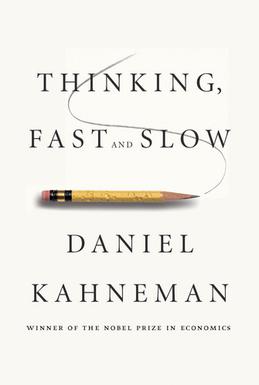
_-_Francisco_de_Goya_y_Lucientes_crop.jpg)


.jpg)
